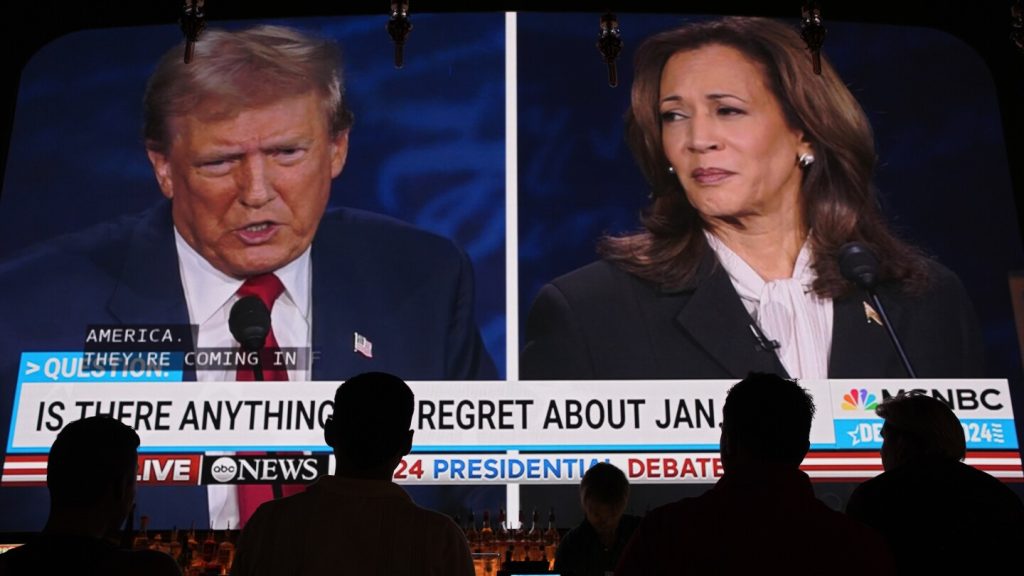Legal betting on the outcome of U.S. Congressional elections was briefly allowed before being put on hold by a federal appeals court, just hours after it began. The Court of Appeals for the District of Columbia Circuit issued an order temporarily freezing the matter until it can consider and rule on the issue. This came after a federal judge had cleared the way for a New York startup company, Kalshi, to offer bets on the outcome of November elections regarding control of the House and Senate. The company’s markets went live, accepting bets it referred to as “contracts”.
Following the initial ruling, the Commodity Futures Trading Commission appealed, expressing concerns about the potential for manipulation in the election process for financial gain. Prices on Kalshi’s predictive contracts fluctuated during the brief period they were live, with bets on the Republicans to win control of the Senate priced at 76 cents, offering a potential payout of $129 for a $100 bet, and bets on the Democrats to win control of the House priced at 63 cents, with a possible $154 payout for a $100 bet. However, the elections category disappeared from the company’s website after the court order was issued.
The future of bets already placed during the brief window of legality remains uncertain, as the court order halted any further betting and it is unclear if already placed bets will be honored. Kalshi and the commission have not yet responded to inquiries regarding the situation. The ruling highlights the complex legal and ethical implications of betting on election outcomes, particularly as heightened political tensions and potential for manipulation come into play. The court’s decision to temporarily freeze the betting indicates the seriousness with which these concerns are being taken.
The rapid rise and fall of legal betting on U.S. Congressional elections has sparked debate and scrutiny on the issue, with various stakeholders weighing in on the potential consequences. While some see it as an opportunity for innovation and engagement with the democratic process, others are concerned about the potential for corruption and manipulation. The fluctuating prices on Kalshi’s contracts during the brief period they were active reflect the uncertainty and volatility surrounding this form of betting.
As the legal battle over election betting continues, with the Court of Appeals set to consider and rule on the issue, the future of such betting remains uncertain. The rapid developments on Thursday night, from the initial ruling allowing Kalshi to offer election bets to the subsequent court order halting further betting, underscore the challenges and complexities of intertwining financial markets with political events. The outcome of this legal dispute will have broader implications for the regulation of online betting and its intersection with electoral processes.


